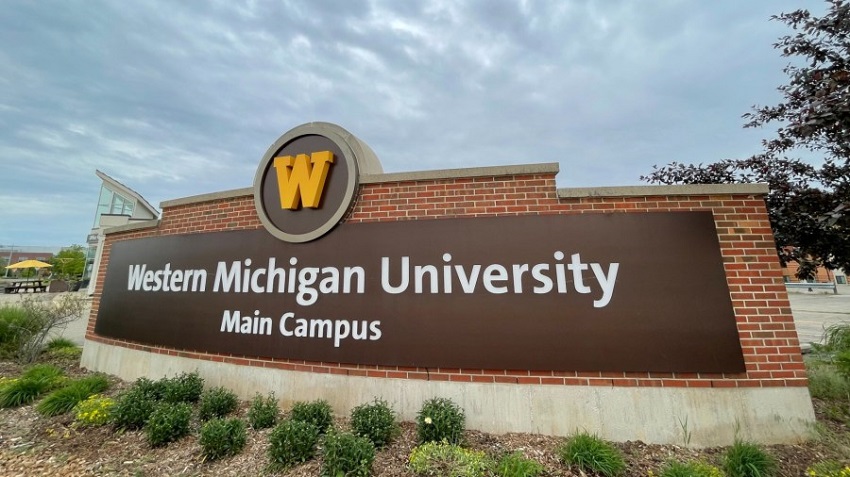Kalamazoo, Mich. — A U.S. District Court judge has granted a temporary restraining order in favor of three international students from Western Michigan University (WMU), directing the federal government to restore their status in the Student and Exchange Visitor Information System (SEVIS). The ruling, issued on Wednesday, temporarily halts the federal government’s decision to terminate the students’ SEVIS status, which tracks the enrollment and status of international students in the U.S.
Judge Jane Beckering’s order also mandates that Homeland Security Secretary Kristi Noem ensure the students’ information remains in SEVIS, unless there is a valid legal reason to terminate their nonimmigrant status. The order further prohibits federal authorities from arresting, detaining, or deporting the students without prior notice to the court.
The three students, part of a larger group of ten filing a lawsuit, claim that the U.S. government unlawfully terminated their SEVIS statuses. According to a redacted complaint, the termination was based on “otherwise failing to maintain status,” citing minor legal issues, such as traffic violations or dismissed misdemeanor cases, that the students argue should not impact their immigration status.
One of the affected students is a 27-year-old man from India, who is expected to graduate with a master’s degree in industrial engineering. He had completed probation for a misdemeanor retail fraud charge, which was dismissed, as well as a speeding violation that was also dismissed. His legal team argues that these charges should not make him inadmissible to the U.S. under immigration law.
Another student, also 27, is from Nepal and holds both bachelor’s and master’s degrees in aerospace engineering. He has a dismissed traffic violation in his record, which his attorneys assert should not affect his immigration status.
The third student, a 31-year-old woman from China, is pursuing doctoral studies in education at WMU. She is married to a U.S. citizen, has a U.S. citizen daughter, and is expecting another child. She received a speeding ticket in Nebraska in December 2020, which was later dismissed, but her SEVIS status was still terminated.
Judge Beckering determined that the students have a strong likelihood of winning their case, and without the injunction, they would face irreparable harm. “Granting emergency relief will merely maintain the status quo that has been in place for the several years that Plaintiffs have been in the United States,” the judge wrote in her ruling.
The temporary restraining order is set to last 14 days, with a hearing scheduled for May 6 in federal court in Grand Rapids to further evaluate the case. The outcome of this case could have significant implications for other international students facing similar challenges regarding their immigration status and legal records.
The decision highlights ongoing tensions in the U.S. immigration system, where even minor legal infractions can result in significant consequences for international students, many of whom rely on their visa status to remain in the country. As the legal battle continues, the case could set a precedent for how the government handles SEVIS status terminations linked to non-criminal legal issues.







